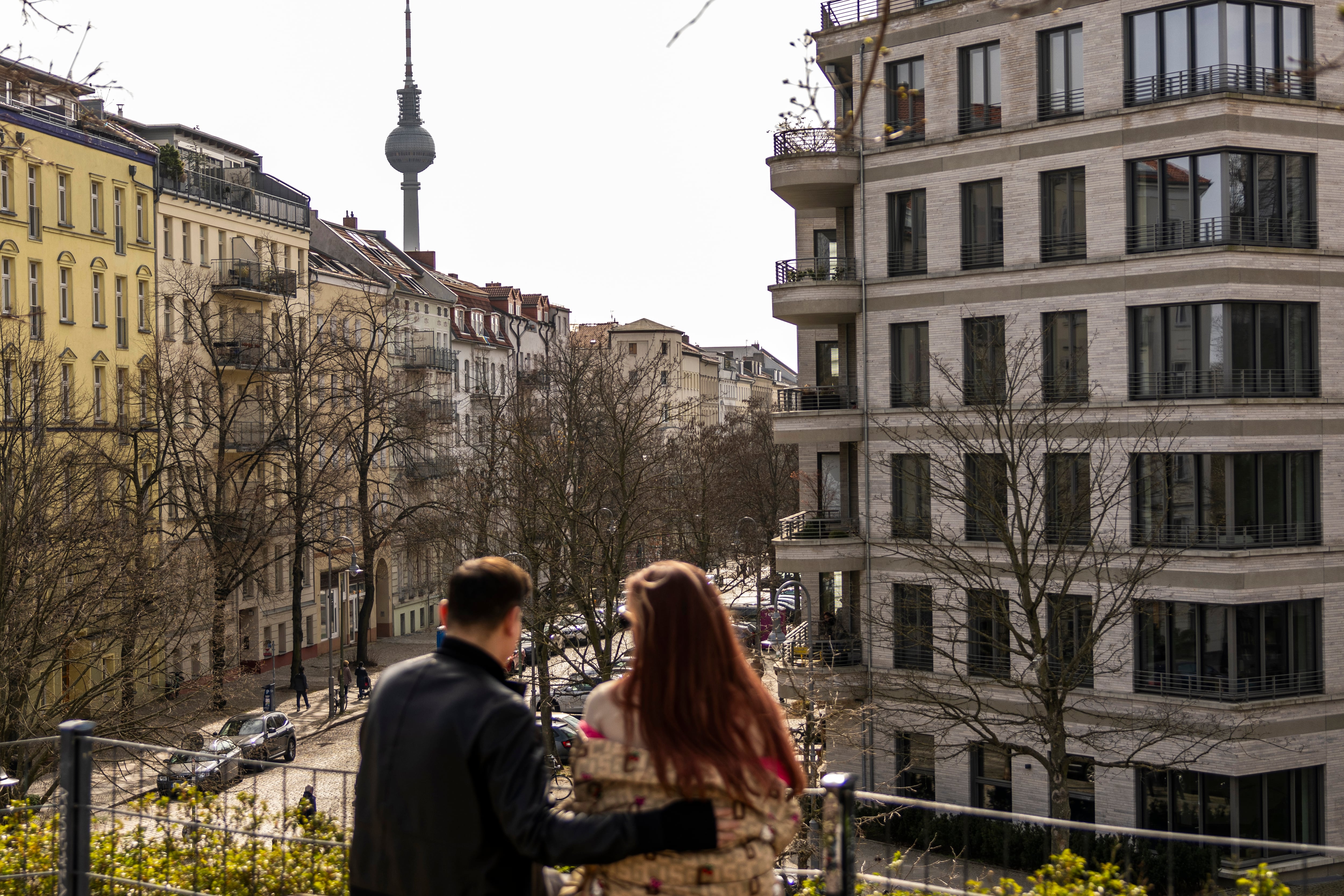
The difficulty in finding a rental apartment in large German cities has long worried a large part of society. Now, the increase in offers of furnished apartments for a limited time at exorbitant prices has set off alarm bells due to the lack of regulation at the federal level for this type of rental.
Germany is the country in the European Union where the most people live in rent, with 53.5%, according to Eurostat data. The country has been fighting the housing shortage problem for years. The German Government’s 2022 promise to guarantee 400,000 new homes per year has not been fulfilled. In 2022, just under 300,000 were built and last year close to 250,000 due to the explosion in costs since the start of the war in Ukraine. Around 1.9 million affordable apartments are missing in major German cities, of which around 1.4 million are less than 45 square meters for single-person households. The gap is largest in Berlin, Hamburg and Cologne.
Since 2015, a law has placed limits on rentals. The call Rent Freezing Law establishes that when a new lease contract is signed, it can only be 10% higher than the local comparative rent collected in an index prepared by cities and municipalities, which is published annually. The index is an average of the rents of the last six years (previously there were four) for a home with certain characteristics in a specific area. All municipalities with more than 50,000 inhabitants are required to create a rental index from July 2022.
The rent cap applies to areas with a problematic housing market. Each federal state is responsible for deciding whether it applies or not. In Berlin, for example, this has been applied since 2015. In the case of large Bavarian cities such as Munich, Nuremberg or Augsburg, it was not implemented until January 2022.
However, this law does not apply to temporary rentals. The Berlin Tenants Association has noted that landlords are increasingly converting their flats into furnished temporary accommodation. “They are evading the rental limit in this way,” explains its managing director, Wibke Werner, to the German channel RBB. “People end up accepting these exorbitant offers out of necessity, because they can’t find another apartment,” adds Werner.
The case of Berlin
The figures show that this business model is flourishing in cities like Berlin. On the ImmoScout24 housing portal there is now an extra category for temporary accommodation. If you look for accommodation here, you will receive many more offers than in the case of normal rentals. For example, currently in the case of the Berlin neighborhood of Kreuzberg there are 265 apartments for normal rent compared to 553 offers for temporary apartments. “Before that was not like that. When we arrived two years ago we wanted a temporary rental because we didn’t know if we were going to stay in Berlin and it was difficult to find a rental of that type. Now that we are looking for an unlimited one, it is quite the opposite,” say Seher and Ekin, a Turkish couple who finally decided to stay in the German capital.
According to figures from the Urban Development Department of the Berlin Senate, 70% of advertisements in the popular Berlin neighborhoods of Friedrichshain and Kreuzberg now refer to furnished temporary accommodation. That is, triple what it was 10 years ago. This also happens in other cities like Hamburg. Rolf Bosse, president of the Hamburg Tenants Association, has warned of the increase in rent for temporary furnished apartments. “There are professional landlords and companies that rent furnished apartments, where they charge 30 to 35 euros per square meter for apartments that can cost about 12 euros per square meter without furniture,” he warns in statements to the NDR network.
The Government has already announced that it will study the situation and is currently working on a Housing Security Law with which it hopes to be able to address the proliferation of this type of housing. However, the Social Democrats and Greens are opposed by their partner, the Liberal Party (FDP), which demands that more apartments be built instead of increasing regulation.
Here you can consult the latest Letters from the correspondent

